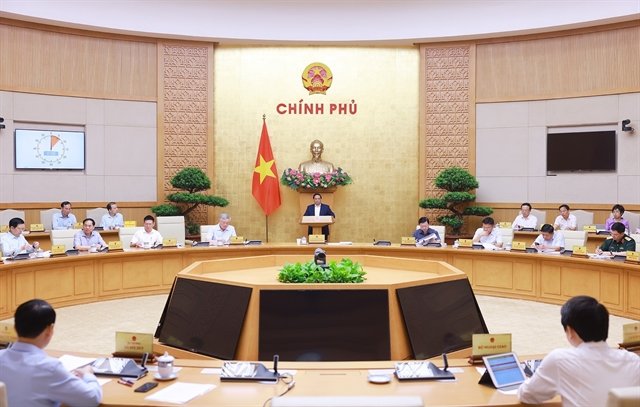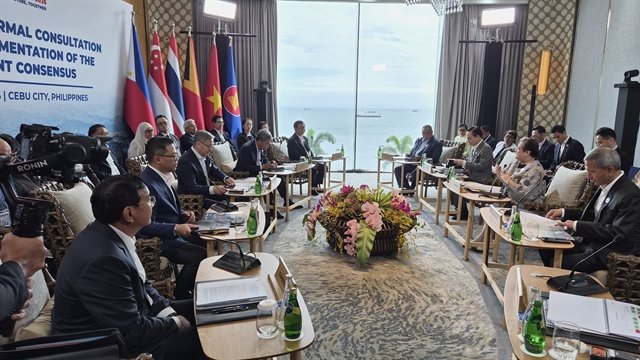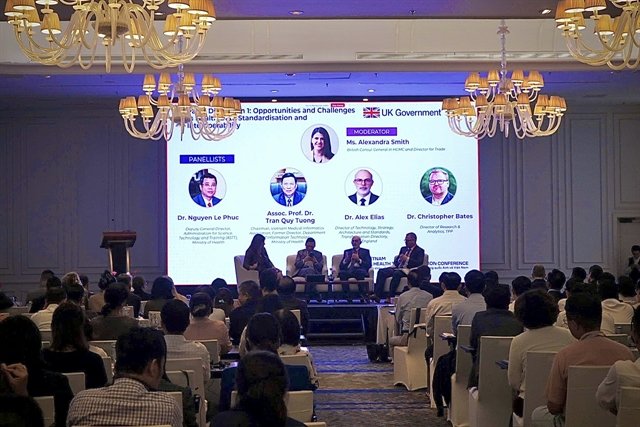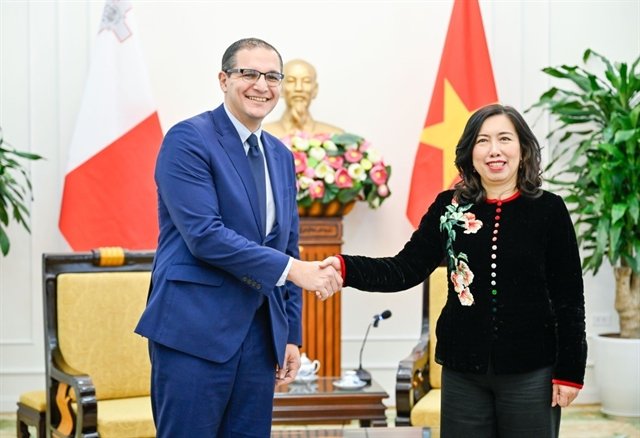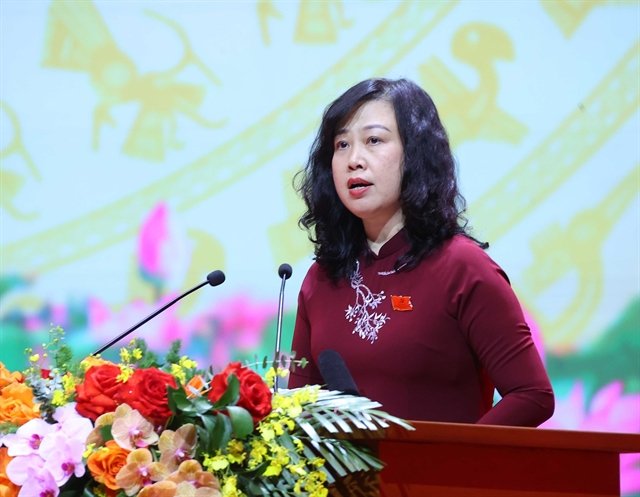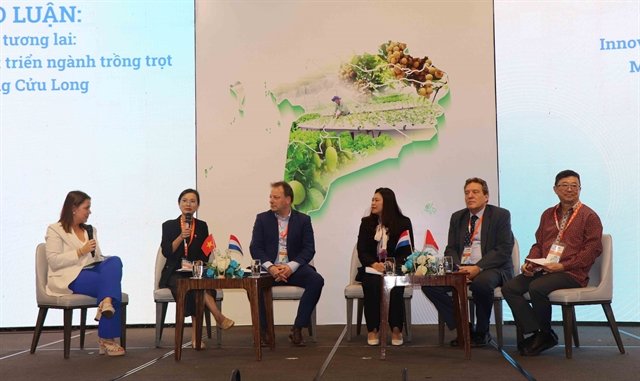Hanoi, May 22, 2025 – The Europe Today: Prime Minister Phạm Minh Chính on Thursday chaired the Government’s May law-building session, where he emphasized a pivotal transformation in the nation’s legislative philosophy—from a state-centric model to a facilitation and service-oriented approach aimed at better supporting citizens and businesses.
The Prime Minister reaffirmed that the building and perfection of legal and institutional frameworks remain one of the three strategic breakthroughs outlined by the Party and State. While acknowledging commendable progress in institutional reform, he described it as the “bottleneck of bottlenecks,” particularly in areas such as land management, site clearance, and food safety.
PM Chính underscored the significance of recent high-level directives in steering legislative reform, including the Politburo’s issuance of Resolution No. 66 on law-making and enforcement reforms, the National Assembly’s Resolution No. 197, and the Government’s Resolution No. 140 to expedite the implementation of Resolution No. 66 and enhance its practical impact.
He commended ministries and sectors for their efforts in drafting legal documents and contributing to the ongoing 9th session of the 15th National Assembly. Stressing that law and policy serve both as drivers and products of development, the Prime Minister noted that institutional reform is undergoing significant renewal to meet contemporary demands.
To guide legislative revisions, PM Chính outlined six core principles, including the need to clearly define which legal provisions are retained, amended, supplemented, or repealed, supported by clear justifications. He also emphasized the importance of delineating decentralisation efforts and identifying unresolved issues that require higher-level guidance.
In addition, he instructed that the legislative process must align with seven key criteria, such as translating Party resolutions into law, addressing real-life policy gaps, simplifying administrative procedures, and resolving inconsistencies in the legal system. He further stressed that only well-established and widely accepted issues should be codified, while complex or contentious matters should undergo further study. Legislative discussions, he said, must be grounded in realism, evidence, and problem-solving.
During the session, participants provided input on six major legislative items:
- The Law on Enforcement of Custody, Temporary Detention and Travel Bans,
- The amended Law on Enforcement of Criminal Judgements,
- The amended Law on Thrift Practice and Wastefulness Combat,
- The amended Law on Food Safety,
- The Law on Population, and
- The amended Law on Judicial Assessment.
Additionally, the Government reviewed reports and deliberated on addressing obstacles in drafting decrees concerning decentralisation and delegation of authority, particularly in relation to the organisation of local administrations at two levels.
This marked the fifth thematic session on law-making conducted by the Government since the start of the year. Cumulatively, these sessions have resulted in the review and approval of 30 key legislative and resolution drafts, reflecting the Government’s commitment to modernising the legal system and enhancing institutional efficiency.
